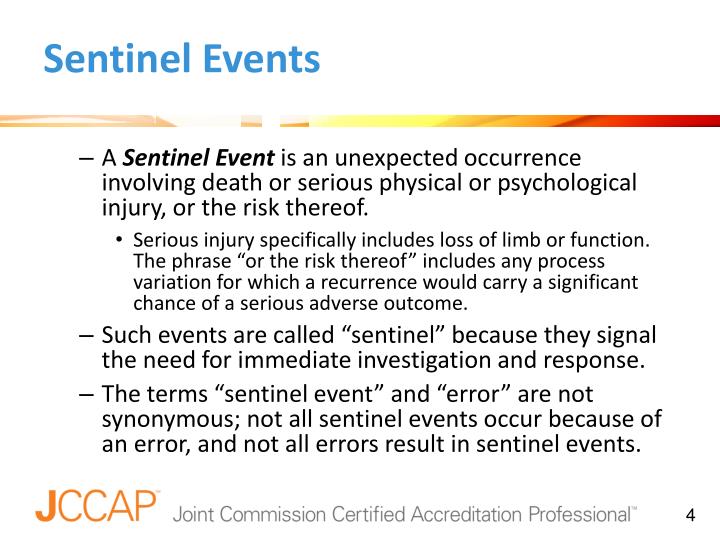

Those who debrief receive tools and strategies to learn how to cope and be supportive of peers after a traumatic medical shift or crisis.ĭebriefing also increases social support and reduces isolation. Why is debriefing after a traumatic experience important?Įngaging in systematic debriefing allows the clinical team to work through the emotions associated with the experience in a setting of emotional and psychological support. Code blue events, patient deaths, and events resulting in poor patient outcomes can be traumatic and may warrant a formal debriefing. Sentinel events can be traumatic for all parties involved, however, they aren’t the only clinical events that may require debriefing. Wrong-site (or wrong-patient or wrong-procedure) surgery Some types of sentinel events include the following:Ĭriminal events ( assault, homicide, rape) Nevertheless, about 800 sentinel events of varying causes across all settings are reported to The Joint Commission organization every year. Sentinel events are also known as “never events,” because they’re preventable events that should never occur.

What is a sentinel event?Ī sentinel event is a patient safety incident that results in temporary harm, permanent harm, or deaths that aren’t related to the natural course of the patient’s illness or condition. Let’s go over what events require systematic debriefing, how to debrief after a traumatic event, and why it’s so important to take these additional steps. While these feelings are entirely natural, it’s crucial to find help with coping. HCPs who experience a traumatic clinical event may struggle to process the outcome in a fruitful way. In fact, somewhere between 18% and 40% of HCPs will develop a trauma-related condition. Many healthcare providers (HCPs) experience traumatic events at work.


 0 kommentar(er)
0 kommentar(er)
